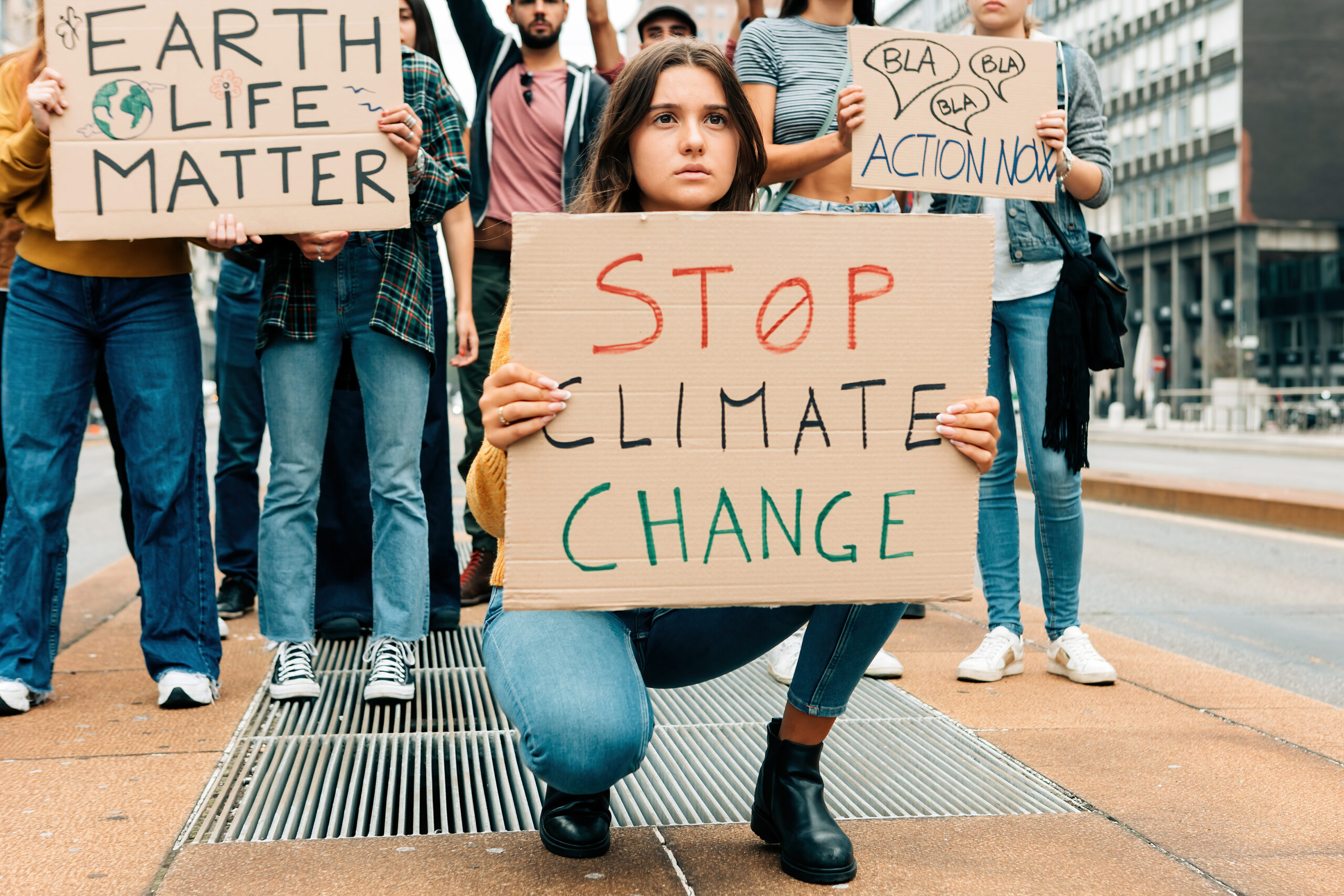Mental health is a crucial aspect of overall wellbeing, yet it is often neglected and underfunded worldwide. According to the World Health Organisation (WHO), nearly a billion people live with a mental disorder, including 14% of adolescents globally. Despite the high prevalence, access to mental health services remains limited, especially in low-income countries. In this post, we’ll explore why globally accessible mental health resources are essential and where you can find help.
Why Globally Accessible Mental Health Resources Matter
The Global Mental Health Crisis
Mental health disorders are the leading cause of disability, accounting for one in six years lived with disability. Suicide, one of the most tragic consequences of untreated mental illness, accounts for over one in 100 deaths, with 58% occurring before age 50. Mental health conditions affect not just individuals but families, communities, and economies. Tragically, those with severe mental health disorders often die 10 to 20 years earlier than the general population, mainly due to preventable physical diseases.
Inequities in Mental Health Care
Stigma, discrimination, and violations of human rights against those with mental health conditions are widespread. The challenges are exacerbated by social and economic inequalities, public health emergencies, wars, and climate crises. Even before the COVID-19 pandemic, only a small percentage of those in need had access to effective care. Globally, 71% of people with psychosis do not receive mental health services, with the disparity being most stark in low-income countries, where only 12% receive care compared to 70% in high-income regions.
How to Find Global Mental Health Resources
Accessing mental health services can be challenging, but there are many initiatives working to increase availability. Here are some key resources:
International Helplines and Support Services
Immediate support is crucial for those in crisis. Several international helplines provide confidential assistance and can connect you to appropriate services:
- HelpGuide.org: A directory of mental health helplines and emergency numbers worldwide. You can search by country and issue (e.g., addiction, LGBTQIA+, bullying).
- International Association for Suicide Prevention (IASP): Offers a tool to connect users to over 1,400 helplines across 50 countries, searchable by topic and method of contact.
- WHO’s Special Initiative for Mental Health: Increasing access to services in countries like Bangladesh, Ukraine, and Zimbabwe.
IAMH’s Role in Expanding Mental Health Access
International Advocates for Mental Health (IAMH)
The International Association for Mental Health (IAMH) is dedicated to helping companies create healthy workplaces by training mental health advocates. These advocates are equipped to support their colleagues, both in person and virtually, by recognising signs of mental health struggles and signposting appropriate resources and helplines. Through the IAMH programme, individuals gain the skills to effectively respond to various mental health situations, promoting a mentally healthy workplace. The programme is culturally relevant and adaptable to all languages and regions, ensuring a unified standard of training no matter where in the world it is delivered.
- Cultural Sensitivity: IAMH’s training programs emphasise the importance of understanding cultural contexts and traditions when addressing mental health issues. This approach helps reduce stigma and improve the effectiveness of mental health interventions.
- Consistency and Quality: By providing standardised training, IAMH ensures that mental health professionals worldwide are equipped with the knowledge and skills needed to deliver high-quality care. This consistency helps create a reliable global network of mental health support.
- Accessibility: IAMH works to make mental health training accessible to healthcare professionals in low-resource settings by offering online courses that are not limited to region-specific content. This approach enables a broader audience to benefit from the training and allows more individuals to share their expertise, ultimately aiding those in the areas most in need.
How You Can Help
Educate and Advocate
Educating yourself and others about the global mental health crisis is a key first step. By raising awareness, you help reduce stigma and encourage more open conversations about mental health. You can advocate by sharing information through social media, participating in mental health campaigns, or even reaching out to policymakers to push for increased funding and resources. The more people understand the challenges, the more likely it is that meaningful change will occur.
Support Global Initiatives
Supporting organisations dedicated to expanding mental health care, like WHO and IAMH, can have a direct impact. You can contribute through donations or volunteering, whether locally or online. Volunteering might include offering your time to help raise awareness, organise events, or provide administrative support. Financial contributions help these organisations continue their critical work in making mental health care accessible to those most in need.
Promote Access to Resources
Sharing information about available mental health resources is an easy yet powerful way to help. Many people don’t know where to turn in a crisis, so promoting international helplines or local mental health services on social media or in your community can make a big difference. The more awareness there is, the more likely those in need will find the support they require.
For any information on our IAMH programme, book a meeting with our team.






